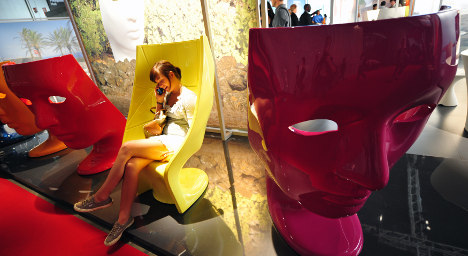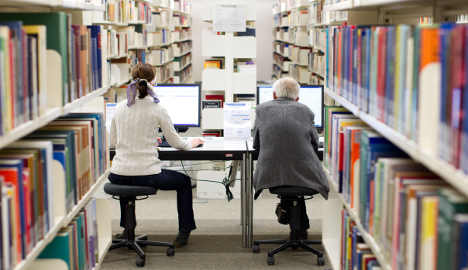Claudio Luti, the director of the Salone, said the six-day event was an important global showcase for Italian creativity and innovation in the country's business hub and was becoming "more successful every year".
"I like to say that our know-how is Italy's crude oil," Luti said.
"This Italian taste is our added value but sometimes we do not manage to market it enough," he said.
Fashion bigs including Pierre Cardin, Ungaro and Gianfranco Ferre also presented their home collections at the fair, which takes up dozens of pavilions at the Fiera di Milano in a northwest outskirt of the city.
Eight leading architects including Japan's Shigeru Ban – winner of the prestigious Pritzker Prize last month — will be taking part in a novel initiative by showing reconstructions of the interiors of their own homes.
Italy's Massimiliano Fuksas and British-Iraqi architect Zaha Hadid are also expected to participate in the project, which organisers said was aimed at "widening the vision of architecture of the interior".
Don't miss a story about Italy – Join us on Facebook and Twitter.



 Please whitelist us to continue reading.
Please whitelist us to continue reading.
Member comments